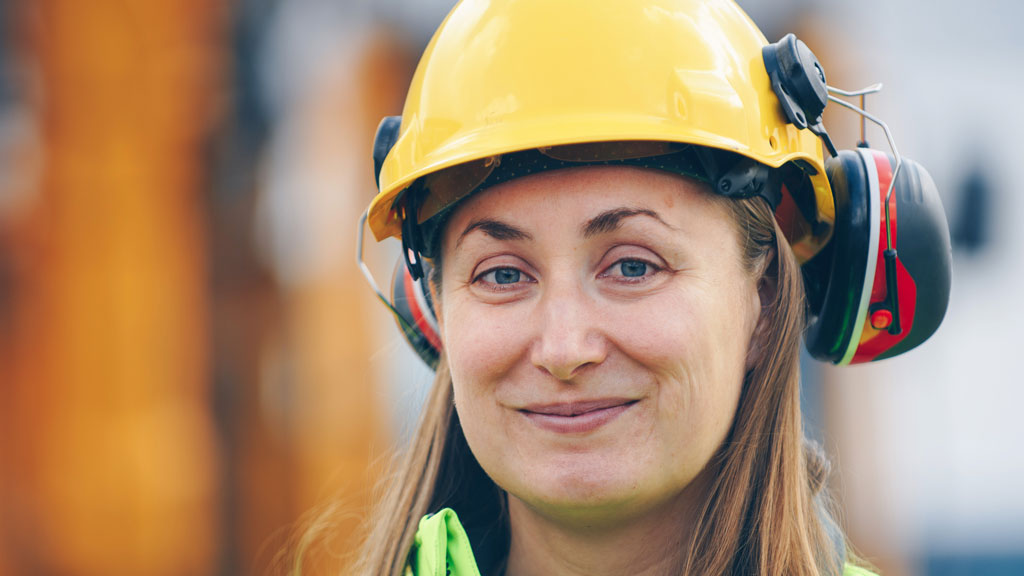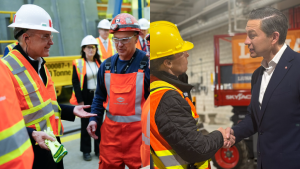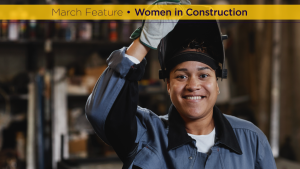OTTAWA — The Mechanical Contractors Association of Canada (MCAC) recently made a pre-budget submission to Minister of Finance Chrystia Freeland for the 2024 federal budget calling for more support for women in the industry as one of its key areas of focus.
More specifically, this includes implementing a tax incentive program to support women and businesses in offsetting the cost of gender-specific PPE; designating one point of contact for construction and the built environment, to ensure consistent and accessible information for stakeholders; expand the low carbon training program to include specific training for major trade contractors; and develop a targeted program for new Canadians to bridge knowledge gaps between Red Seal and foreign credentials.
“The cost of gender-specific PPE for women can cost up to twice as much as that of their male counterparts,” states the submission. “This disparity in cost can be a barrier to entry to the skilled trades for many young women. To increase participation, representation, and safety for women in construction, offsetting costs to address these barriers is key. The federal tradesperson’s tools expenses deduction is an excellent model for reducing these costs.”
In terms of the recommendation to designate one point of contact for construction and the built environment, the submission states there needs to be strong co-ordination between government agencies and industry.
It also suggests the creation of a joint inter-departmental and industry advisory group that includes representatives from relevant federal departments, industry stakeholders and provincial/municipal representation to examine ongoing infrastructure investment needs and plan for the expansion of labour and market capacity.
The MCAC pre-budget submission is also asking the government to further expand the Low Carbon Training Program it launched in September 2023 to include specific training for major trade contractors in Canada’s construction industry.
“Together with other major trade contractors, Canada’s mechanical contractors will play a critical role in helping building owners apply low-carbon technologies to new construction and building retrofits,” the submission indicates. “Given the critical role these trade contractors play on any given construction project, it is imperative that any low-carbon training address major trade contractors.”
As for an industry-informed construction labour strategy to accurately assess labour gaps, the MCAC said the federal government has developed robust strategies for incentivizing construction, but has not taken comprehensive steps to encourage workforce development in the mechanical trades or other skilled trades.
The industry needs the federal government to show leadership and convene partners from the provinces and multiple affected departments to ensure the Canadian economy has the skills it needs to tackle today’s biggest challenges, the association staes. Support from the federal government would allow for the creation of a Construction Labour Strategy that benefits from the direct input of representatives of the skilled trades.
A new program for helping skilled workers bridge the knowledge gaps between Red Seal and foreign credentials will provide pathways to upskilling for new Canadians.
“The Foreign Credentials Recognition Program has made strides in this regard, but has done so without standardization across jurisdictions and unevenly across various partner organizations,” MCAC indicates. “Urgent action is needed for greater alignment of foreign credential recognition in Canadian jurisdictions and to bridge any gaps between the Red Seal program and foreign credentials.”











Recent Comments
comments for this post are closed